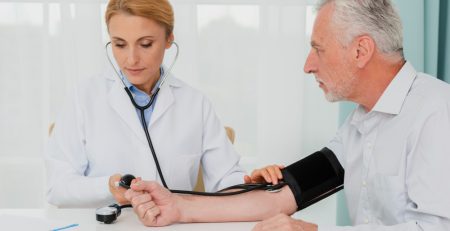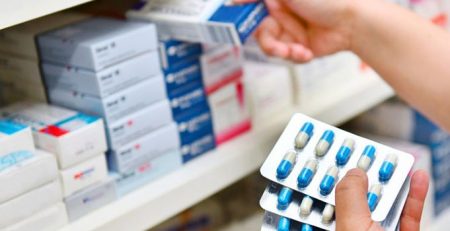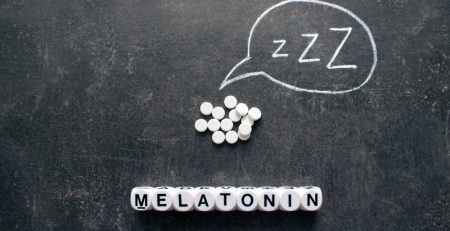Statin Side Effects and Dietary Interactions
ADV Care2024-03-08T12:24:50-05:00Statins are widely prescribed medications aimed at lowering cholesterol levels in the bloodstream, thereby reducing the risk of heart disease and stroke. While they are generally safe and effective, it’s important to be aware of potential side effects and interactions, including those with certain foods and beverages.
Common Side Effects of Statins:
Muscle Pain and Weakness: One of the most commonly reported side effects of statins is muscle pain and weakness. This can range from mild discomfort to more severe muscle damage known as rhabdomyolysis, although the latter is rare.
Liver Problems: Statins may cause an increase in liver enzymes, indicating potential liver damage. Regular liver function tests are typically recommended for individuals taking statins.
Digestive Issues: Some people may experience digestive problems such as nausea, diarrhea, or constipation while taking statins.
Increased Blood Sugar Levels: Statins have been associated with a slight increase in blood sugar levels, which may lead to an elevated risk of diabetes in some individuals.
Less Common Side Effects:
Memory Loss or Confusion: While rare, some people report cognitive side effects such as memory loss or confusion while taking statins.
Increased Risk of Hemorrhagic Stroke: In rare cases, statins have been linked to an increased risk of hemorrhagic stroke, although the benefits of statin therapy typically outweigh this risk in individuals at high risk of cardiovascular disease.
Interactions with Foods and Beverages:
Grapefruit and Grapefruit Juice: Grapefruit and grapefruit juice can interfere with the metabolism of statins, leading to increased levels of the medication in the bloodstream. This can potentially amplify the side effects of statins, including muscle pain and liver problems.
Alcohol: While moderate alcohol consumption is generally considered safe for individuals taking statins, excessive alcohol intake can increase the risk of liver damage and may exacerbate the potential side effects of statins.
High-Fat Foods: Consuming foods high in saturated fats and cholesterol can counteract the cholesterol-lowering effects of statins. It’s advisable to follow a healthy, balanced diet low in saturated fats and cholesterol to maximize the benefits of statin therapy.
Statins are valuable medications for managing cholesterol levels and reducing the risk of cardiovascular disease. However, it’s important to be aware of potential side effects and interactions with certain foods and beverages. If you experience any adverse reactions while taking statins, it’s crucial to consult your healthcare provider for guidance and possible adjustments to your treatment plan.
By staying informed and proactive, you can effectively manage your cholesterol levels and minimize the risks associated with statin therapy. Before starting or discontinuing any medication, including statins, it is essential to consult with a qualified healthcare professional. Your healthcare provider can evaluate your medical history, assess potential risks and benefits, and tailor a treatment plan that is best suited to your specific needs and circumstances. Never make changes to your medication regimen without first seeking guidance from a healthcare professional.











